9 Summer activities for the elderly
Tags
Articles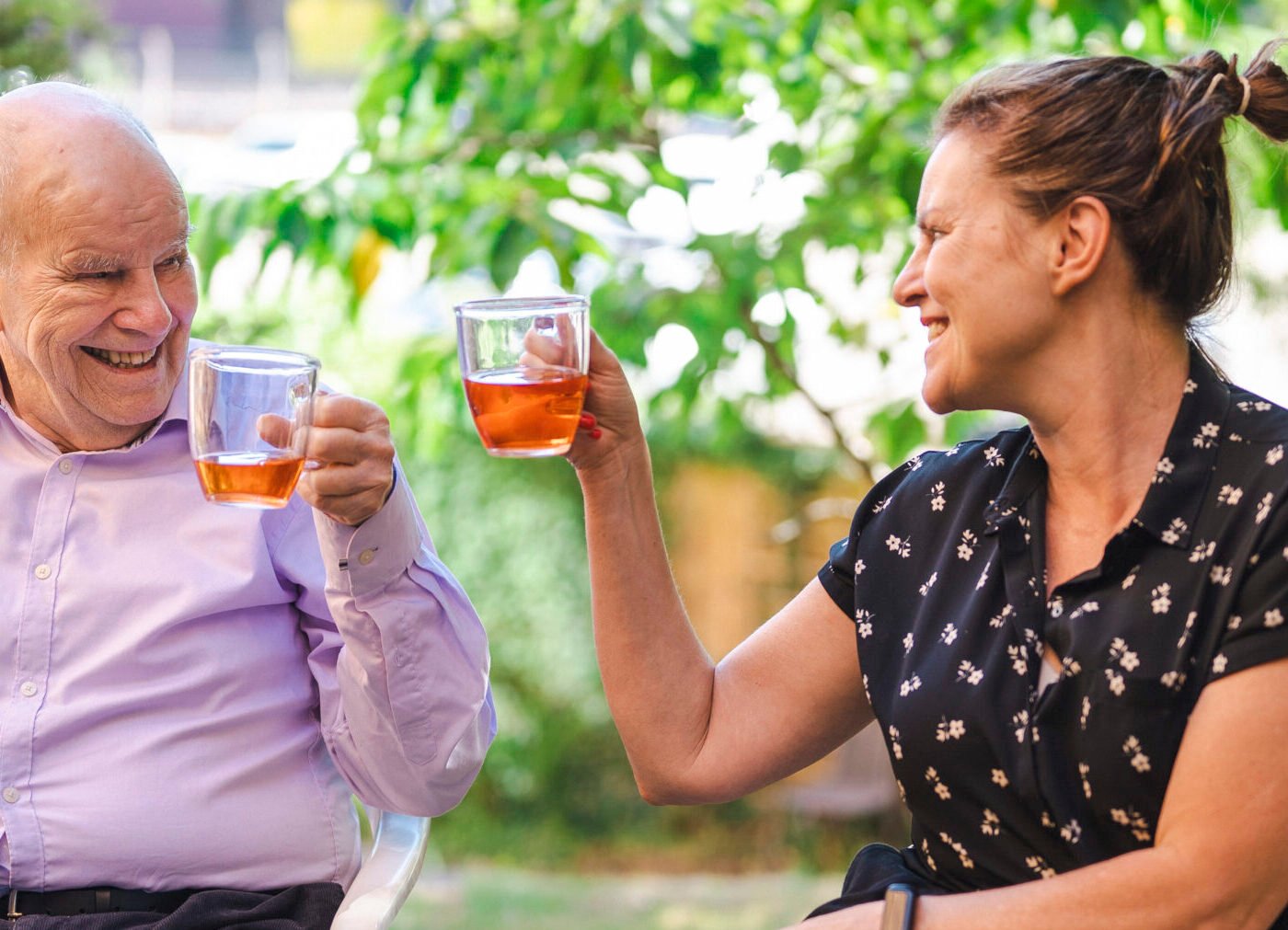
When the sun is shining, there’s no better place to be than outside. However, for elderly people with limited mobility, long-term health conditions, or dementia, it can take some preplanning and creativity to enjoy summer safely.
How to organise activities for older loved ones
The Royal Voluntary Service (RVS) states that while often done with the best intentions, many older people don’t enjoy activities that are specifically organised for them, because they find them too simplistic or patronising.
It’s important to always involve your loved one in the planning an activity to do together, ensuring it’s centred around their hobbies, memories or interests.
Summer activities for older people with dementia
Revisit the past
Visiting a place where an older person spent many family holidays, or a street or village where they grew up can encourage them to talk about the past and share these memories with you.
There are also a number of open-air museums around the UK, such as The Black Country Living Museum, Beamish, or Surrey’s Living Museum of Rural Life, which recreate what life was like throughout the 20th century. These attractions often host special events, for example Beamish runs a number of singalongs with a live traditional band and days celebrating life in the 1950s, while the Living Museum of Rural Life holds regular craft weekends and vintage car shows. Open air museums play host to a huge range of visual stimuli and sounds, which again, can be really engaging and spark happy memories.
2024 events include –
- Beamish Tractor Show, 27th & 28th July
- Working Weekend at Rural Life Living Museum, 24th & 25th August
- Heritage Craft Weekend at Chiltern Open Air Museum, 27th & 28th July
- 1940s Weekend at Black Country Living Museum, 13th July
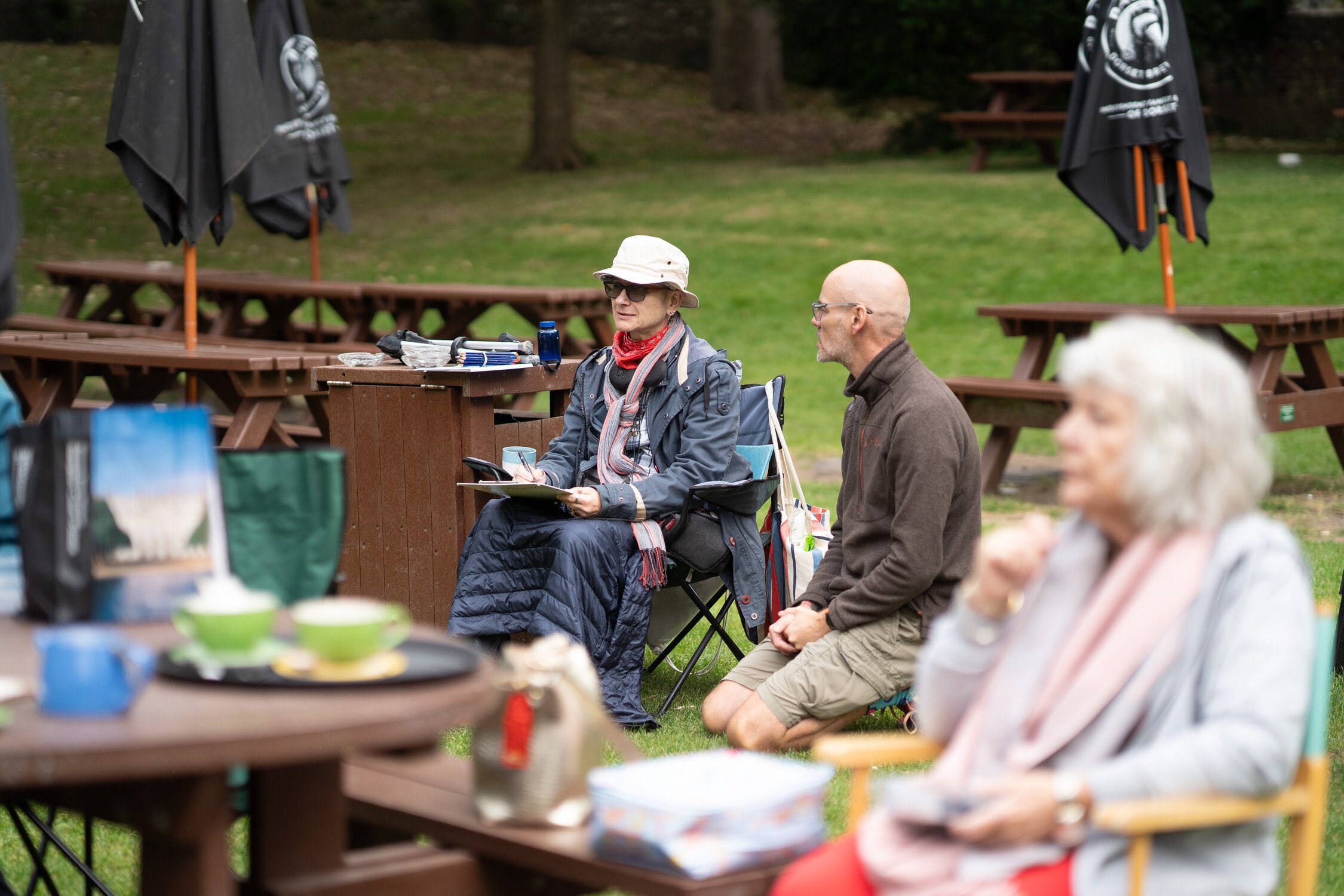
Still-life drawing or painting
Art can be a great activity for elderly people living with dementia, as it creates a sense of accomplishment, which can help them to feel happy and boost self-esteem.
However, it’s important not to choose an art activity that’s too simple or child-like for your loved one’s abilities.
Painting something from still life allows for all artistic abilities and means everyone can get involved. Choosing a flower bed or garden scene as the subject matter is a nice way to soak up a little sunshine at the same time.
Gardening
For those living with dementia, spending time outside in the garden can regulate their body clock and reduce sundowning symptoms.
Gardening is an activity that allows people to do as much or as little as their health or cognition allows – small planters or window boxes are easy to maintain but still bring a lot of satisfaction. Visiting a local garden centre and choosing plants and flowers can also help start conversations and is a good way to stay socially active in the community too.
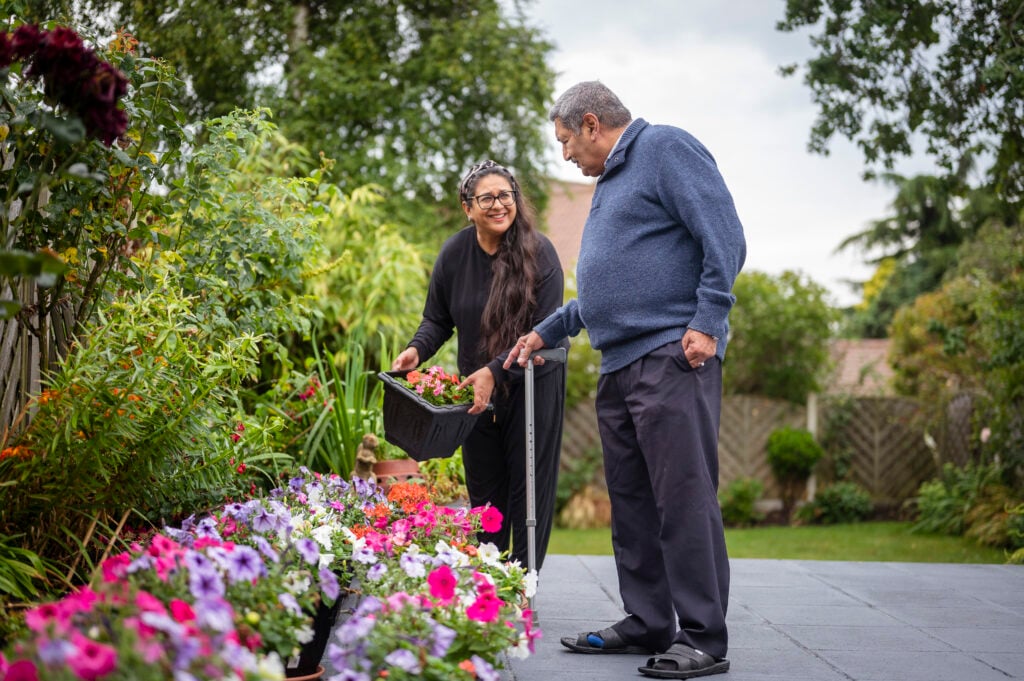
Vitamin D and the elderly
Summer activities for the blind and hearing impaired
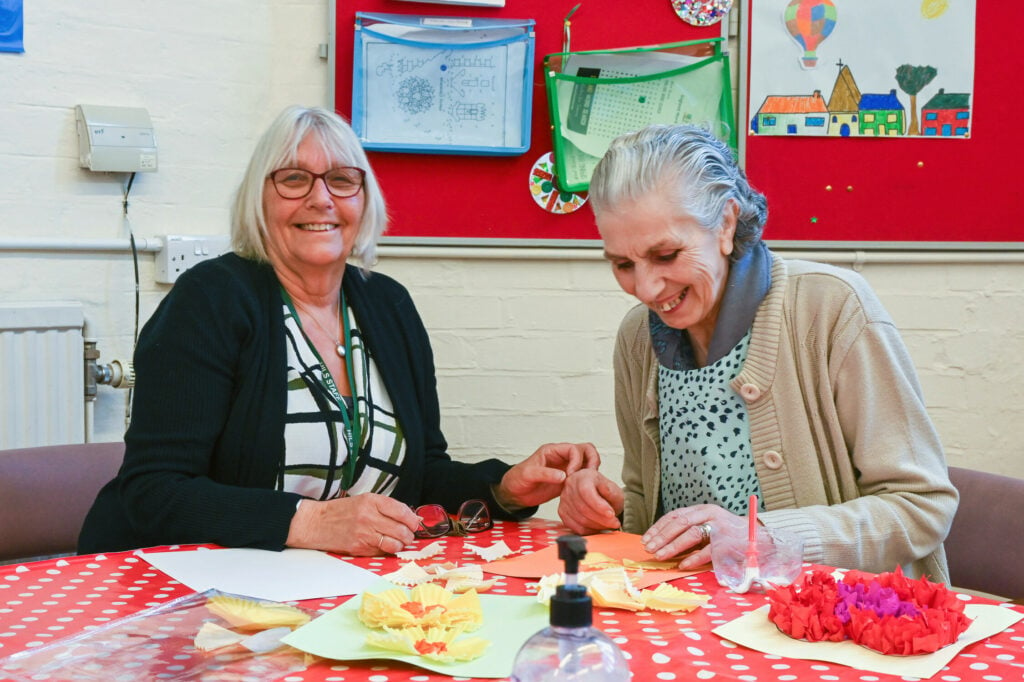
Tactile crafts
Macrame, beaded jewellery making, and clay work are all fun, relaxing activities that can be done in the garden, and are good options for those receiving home care, who may not be as mobile.
Local community groups and societies often run craft sessions too, which can be good for meeting and socialising with people who share the same hobby or experiences. Take a look at Sightline or Hearinglink to find groups near you.
Take a trip to the seaside
A trip to the seaside provides a ton of sensory stimulation – from the smell of salty sea air and fish and chips, to the feeling of the sand between the toes.
The UK is home to some of Europe’s most accessible beaches too. Summerleaze Beach in Cornwall has step free access and calm waters, and Poppit Sands in Pembrokeshire offers 380m of flat dunes, making it easy to find a quiet spot to relax.
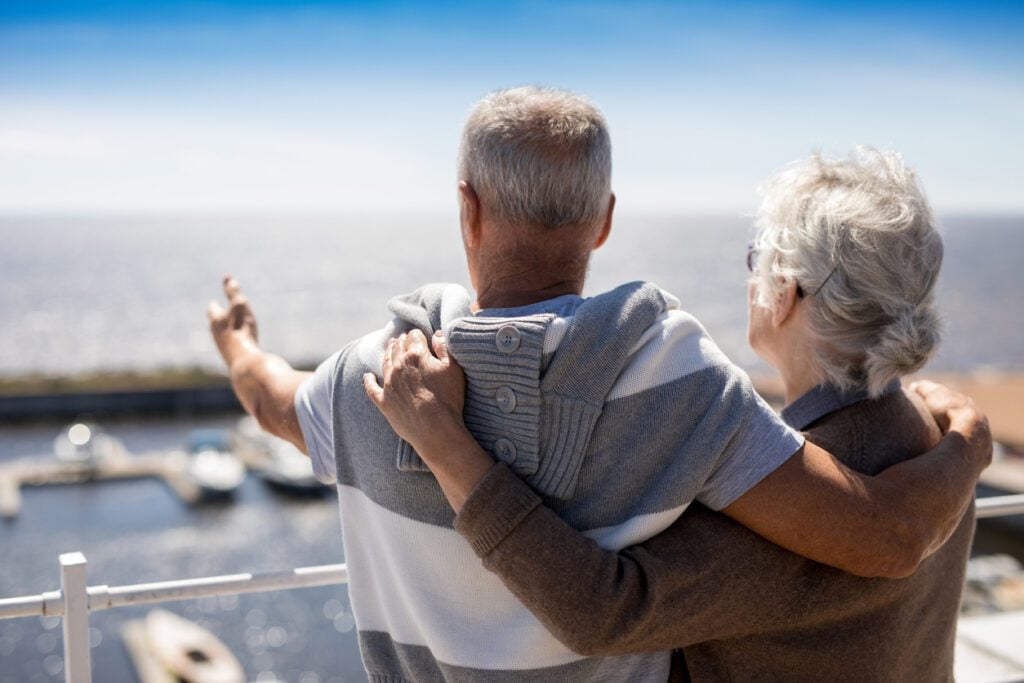
Visit a sensory garden
Sensory gardens stimulate all the senses – sight, smell, sound, touch and taste – meaning there is still plenty to engage with if a loved one is living with hearing or sight loss. Sensory gardens are a great way to connect with nature and provide a sense of calm.
The most famous sensory garden in the UK is probably The Eden Project in Cornwall. It’s impressive Biomes house humid rainforests, cooling waterfalls, and a vast array of scents and sounds from around the natural world. With accessible parking, free entry for caregivers, and free wheelchairs to use while you navigate the gardens, it’s a hugely popular attraction for people with additional care needs.
Trentham Gardens in Staffordshire also offers free entry for caregivers, and an accessibility guide on their website highlighting the amenities in place throughout the park for hearing and visually impaired visitors. The Italian Garden plays host to a vibrant display of plants, flowers, and water features, and the central lake is home to lots of wildlife, including a colony of beavers.
If you’re in Wales, then the National Botanic Garden of Wales in Carmarthenshire offers a huge range of sensory experiences. From the Apothecary Garden and Hall, where you can take in the fragrances of a variety of healing herbs, to the warmth of the Great Glasshouse. The gardens also offers a sensory trail where visitors and encouraged to touch and smell plants throughout the garden.
And, if you’re looking for a sensory day out in Scotland, Logan Botanic Garden is home to a large variety of exotic plants. It enjoys an almost subtropical climate, and is ideal for those looking for a stroll in peace and quiet.
What temperature is dangerous for the elderly?
Summer activities for the elderly at home
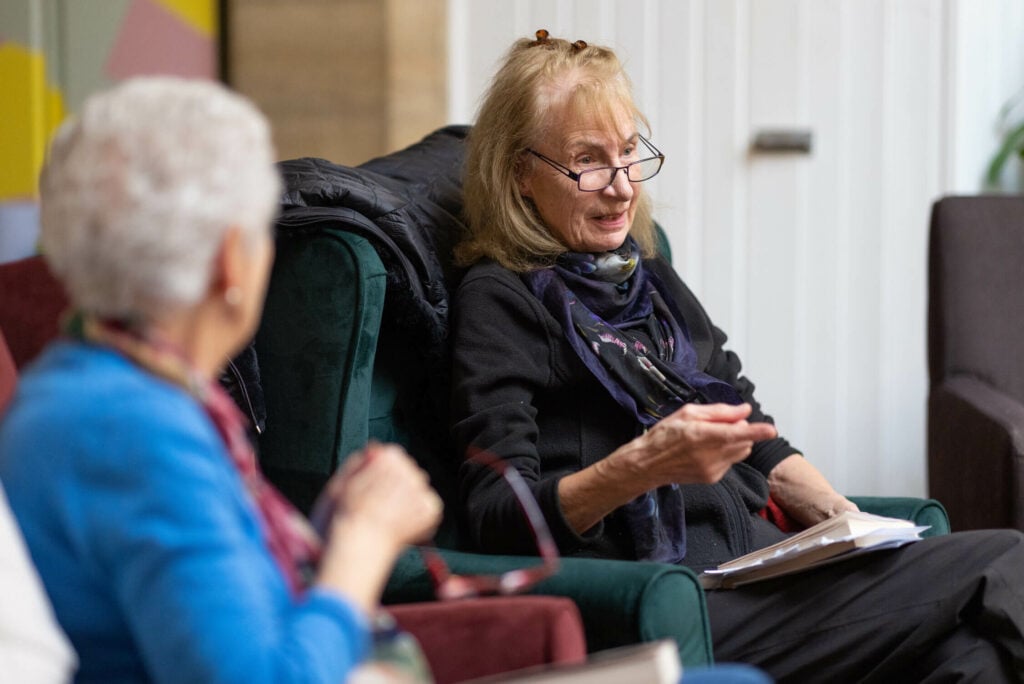
Start a book club
Whether it’s just for yourself and the person you’re caring for, or you invite others to join in, coming together regularly to read and chat about a book can keep the mind active, and help from connections.
Book clubs can be held anywhere, be it outside in the garden, or by a sunny window. Choosing books along a summer or holiday theme can help evoke memories and enrich the senses too.
Helping local wildlife
Simple bird feeders can be made by melting lard and mixing with seeds and fruits, or by pushing seeds into apples and hanging them from a tree.
Hedgehogs can also benefit from an extra snack. Set out some dog food or dried mealworms and a camera at night to capture their visits.
If your loved one has a garden or patio, you can create a small pond to attract wildlife together, all you need is a plastic tub, some gravel and rocks, and some aquatic plants or pond weed to keep the water clean.
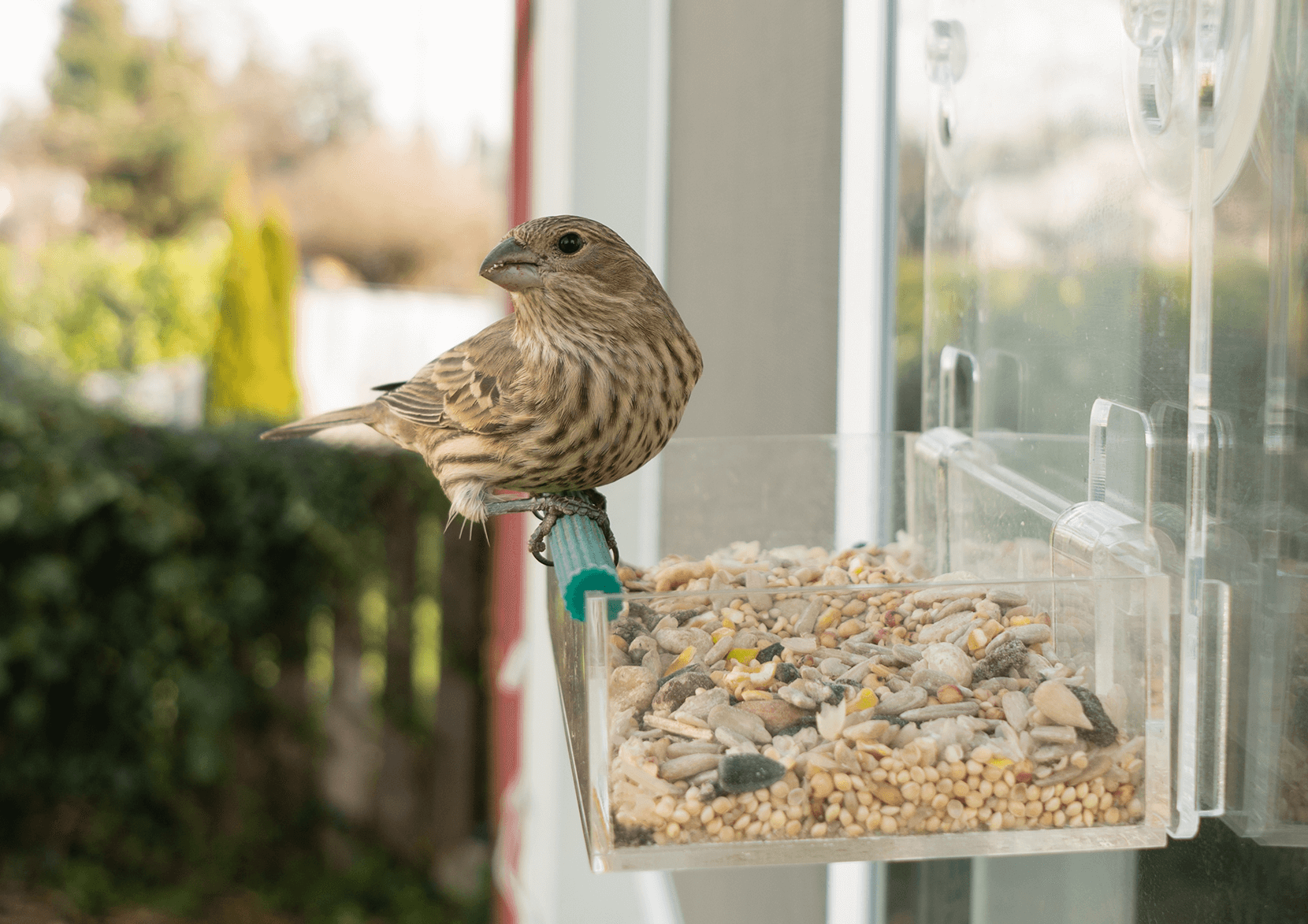
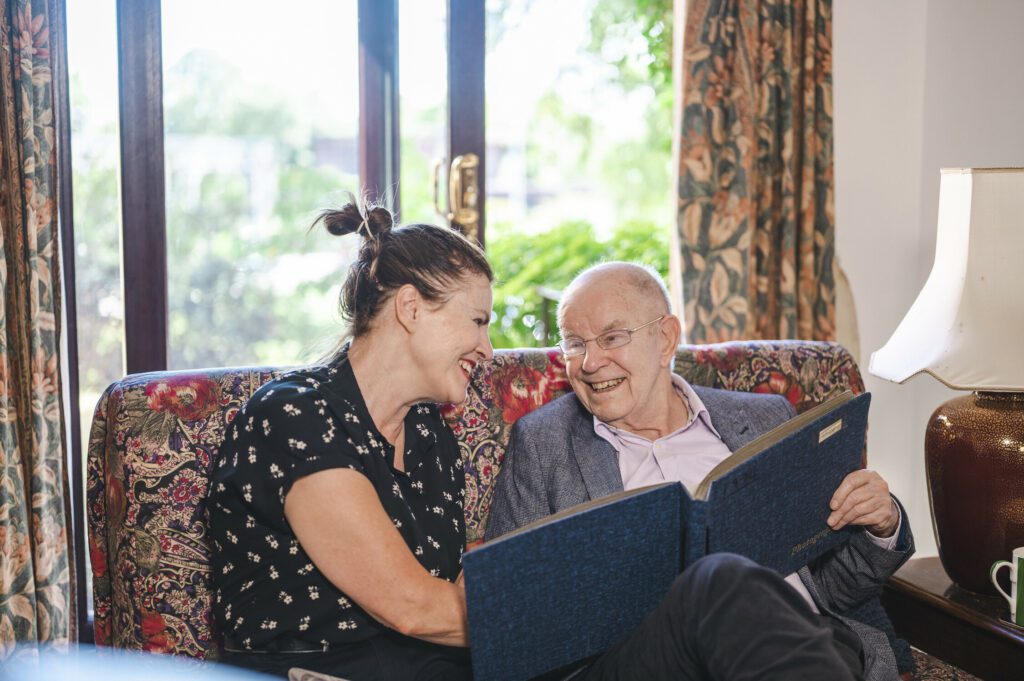
Scrapbooking
Read our latest blogs
Browse the latest blogs and tips on living well in later life.

Defining Dignity in Later Life – Interview with Liz Lloyd
We talked to Liz Lloyd about personal and social perceptions of age, the challenges of identity, empowerment and choice.

The Challenges of Vegetarians and Vegans Living with Dementia
We talk to Amanda Woodvine about the challenges faced by older vegetarians and vegans receiving care. Read more here.

How Music Can Help Those With Dementia and Their Families
We talked to Sarah Metcalfe about the ways in which music can bring people together and connect those living with dementia back to themselves.

Christmas gift ideas for elderly parents who have everything 2024
Looking for the perfect gift for an older person in your life? From gifts that can help make their daily lives easier, to those with
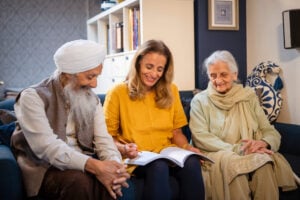
Carers rights day 2024 – Get the support you’re entitled to
Each year Carers UK holds Carers Rights Day to raise the voice of the UK’s 5.7 million unpaid carers and raise awareness about caregiving rights.
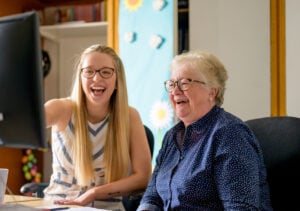
How Action for Elders are helping older people stay connected
With more services in the UK moving to an online first approach, are older people getting left behind? We spoke to James Lewis, Chief Executive